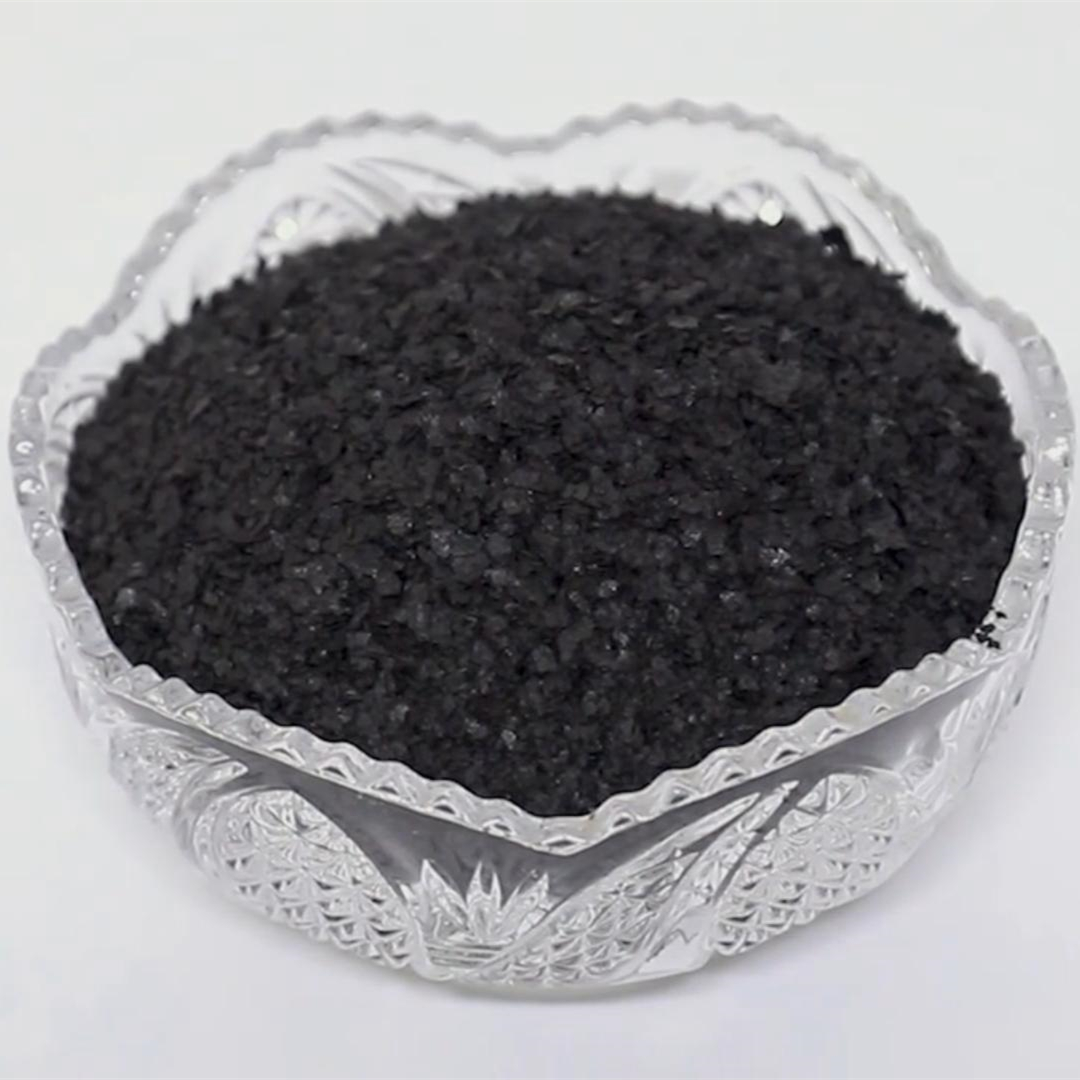
Sep . 09, 2024 13:24 Back to list
best organic fertilizer for tomato plants
Best Organic Fertilizer for Tomato Plants
Growing tomatoes can be incredibly rewarding, not just for the flavor they bring to your meals, but for the joy of cultivating a vibrant garden. To ensure your tomato plants thrive, using the right organic fertilizer is essential. Organic fertilizers not only enhance plant growth but also improve soil health and maintain an eco-friendly approach to gardening.
Understanding Tomato Nutritional Needs
Tomato plants require a balanced diet of essential nutrients to flourish. The primary nutrients include nitrogen (N), phosphorus (P), and potassium (K)—often referred to as N-P-K. Nitrogen encourages lush green foliage, phosphorus promotes strong root development and flowering, while potassium enhances fruit quality and overall plant resilience. Additionally, tomatoes benefit from secondary nutrients like calcium, magnesium, and sulfur, along with micronutrients such as iron and manganese.
Top Organic Fertilizers for Tomato Plants
1. Compost One of the best organic fertilizers for tomatoes is homemade compost. Rich in nutrients and beneficial microbes, compost improves soil structure, enhances drainage, and provides a slow-release nutrient source. To make compost, combine kitchen scraps (like fruit and vegetable peels) with yard waste (like leaves and grass clippings) and let it decompose.
2. Bone Meal Bone meal is an excellent organic source of phosphorus, essential for root development and flowering. It is especially beneficial when incorporated into the soil at planting time. Mix a few tablespoons of bone meal into the planting hole to give your tomato plants a solid start.
best organic fertilizer for tomato plants

3. Fish Emulsion Fish emulsion is a liquid fertilizer that provides a quick nutrient boost. It is high in nitrogen and also contains trace minerals. Dilute fish emulsion with water according to the package instructions and apply it every few weeks throughout the growing season to support vigorous growth.
4. Blood Meal Another potent nitrogen source, blood meal is fast-acting and can significantly enhance leaf growth. However, it should be used cautiously, as excessive nitrogen can lead to a lack of fruiting. A light application at the start of the season can promote healthy foliage without overwhelming the plants.
5. Kelp Meal Kelp meal is rich in potassium and essential trace elements. It helps improve overall plant health and resilience against pests and diseases. Kelp can be sprinkled on the soil or mixed into compost to enhance its nutrient content.
6. Worm Castings An excellent all-purpose organic fertilizer, worm castings are rich in nutrients and beneficial microorganisms. They can be added to the soil or used as a top dressing to provide long-lasting nourishment.
Conclusion
Choosing the best organic fertilizer for your tomato plants involves understanding their specific needs and selecting products that promote healthy growth. By enriching your soil with compost, bone meal, fish emulsion, blood meal, kelp meal, or worm castings, you can ensure your tomato plants thrive and produce a bountiful harvest. With these organic options, not only will your tomatoes taste great, but you’ll also contribute to a healthier environment in your garden. Happy gardening!
-
Premium Organic Manure Compost for Eco Gardens
NewsAug.01,2025
-
Organic 10-10-10 Fertilizer | Balanced Plant Nutrients
NewsJul.31,2025
-
Premium Amino Acid Fertilizer | Rapid Plant Growth Booster
NewsJul.31,2025
-
10 10 10 Fertilizer Organic—Balanced NPK for All Plants
NewsJul.30,2025
-
Premium 10 10 10 Fertilizer Organic for Balanced Plant Growth
NewsJul.29,2025
-
Premium 10 10 10 Fertilizer Organic for Balanced Plant Growth
NewsJul.29,2025
